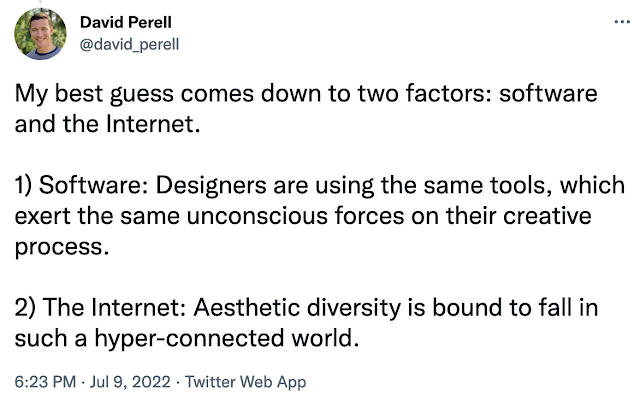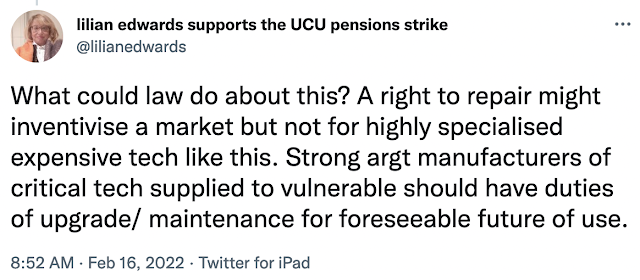Notes: projects, tech, soil, water

It's always satisfying when projects you have been involved with demonstrate great results: https://twitter.com/ResearchEssex/status/1504867213840420870 Cofarm is in our third growing season, and starting to think about how best to grow - we're getting quite a lot of interest from people interested in creating Cofarms locally. The tricky bit as usual is having the time (or money) to properly plan how to scale up, and to support potential new sites, and writing up the playbook. Now Play This 2022 was a lovely hybrid festival of experimental game design exploring play and democracy, and much of it is now on YouTube . If you missed earlier editions, such as 2021's climate-themed festival, you can catch up on those too. https://twitter.com/chris_m_h/status/1504533322986369030 Working at Field Ready I learned how not all 'maker' (or humanitarian) interventions are helpful - something is not always better than nothing. I was reminded of this by Tarek Loubani's ar...


